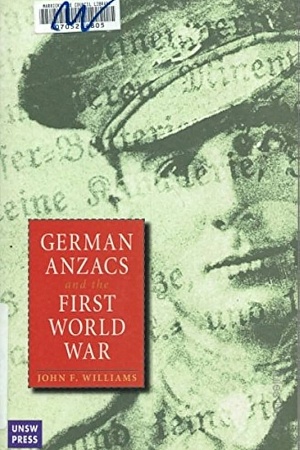Gallipoli
Pan Macmillan, $45 hb, 600 pp
Back to Gallipoli
At the end of his big book Gallipoli, Les Carlyon observes that if the campaign made more sense ‘it would be a lesser story’. There’s much in what Carlyon says. The 1915 campaign was insignificant in the scale of the Great War; it achieved nothing, and petered out like a forgotten afterthought. It makes little sense, then or now.
It is thus in the intangibles and absurdities of the story, as well as the cracks and fissures of the Gallipoli landscape, that Carlyon makes his narrative. He tells it for a general reader in a vernacular voice, supported by a wealth of research into histories, diaries, and especially the ground itself. This focus on the terrain and soil is the key to this book: it is ultimately not written for historians, keen amateurs, or relatives of servicemen in far-off Britain or Australasia. Rather, it is a passionate book for those making the pilgrimage, real or metaphorical, to pay respects at a sacred site of Australia’s heritage.
Continue reading for only $10 per month. Subscribe and gain full access to Australian Book Review. Already a subscriber? Sign in. If you need assistance, feel free to contact us.














Leave a comment
If you are an ABR subscriber, you will need to sign in to post a comment.
If you have forgotten your sign in details, or if you receive an error message when trying to submit your comment, please email your comment (and the name of the article to which it relates) to ABR Comments. We will review your comment and, subject to approval, we will post it under your name.
Please note that all comments must be approved by ABR and comply with our Terms & Conditions.